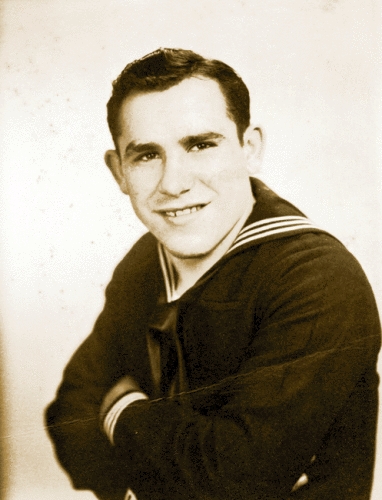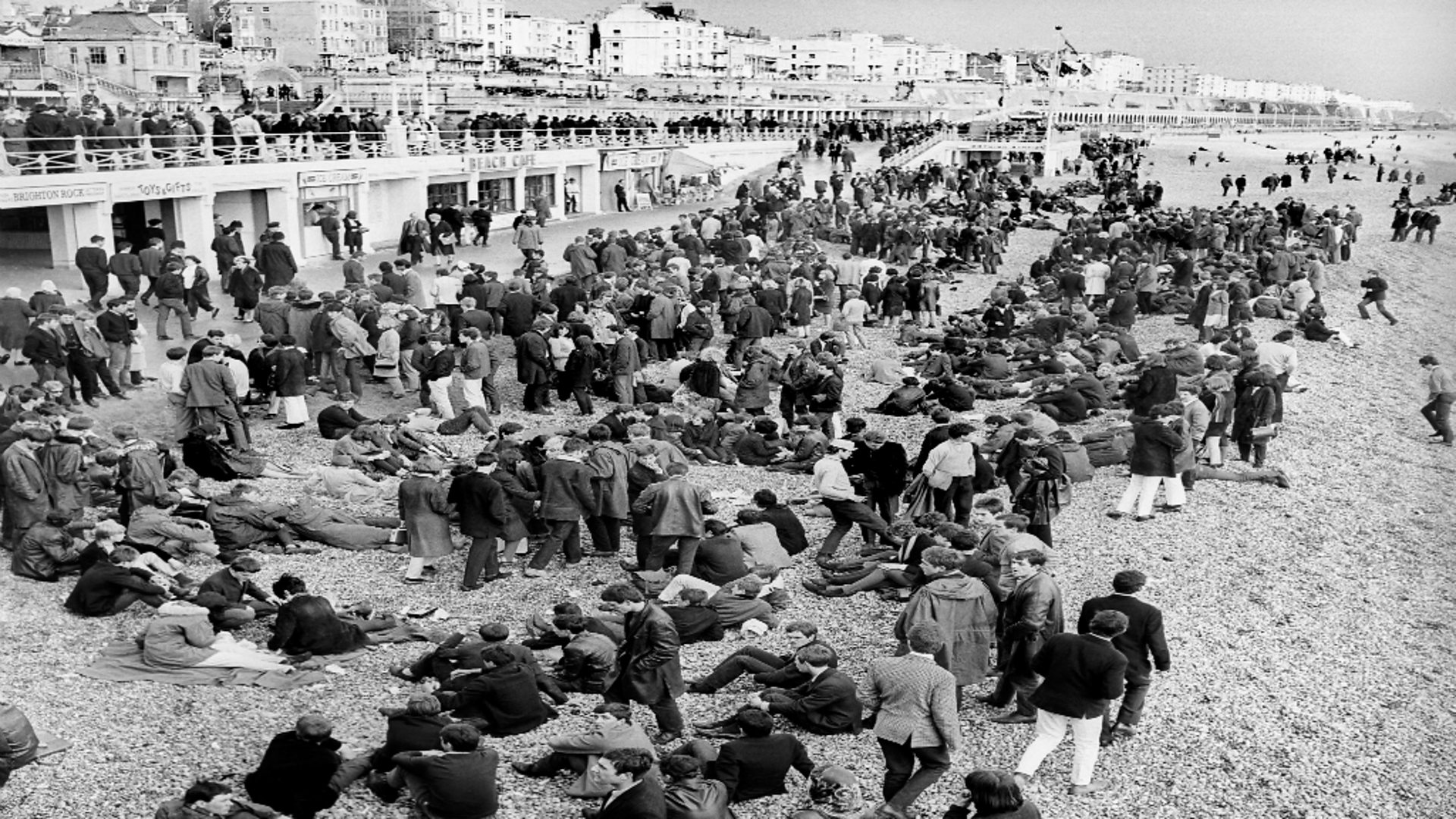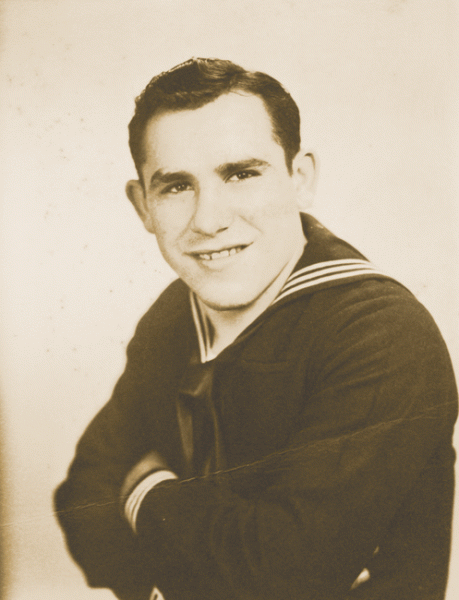June 6, 1944, 80 years ago today: The Allies invade Nazi-held Normandy, on the French side of the English Channel. The liberation of Europe has begun.
It was officially called "Operation Overlord" by the United States Army, and "Operation Neptune" by the United States Navy. Since Neptune was the Roman name for the god of the sea -- known as Poseidon to the ancient Greeks -- the name was equivalent to "Overlord."
The term "D-Day" is now used almost exclusively in connection with this event, but it is actually a generic term for the day on which a combat operation is to be initiated, and the "D" doesn't stand for anything. The earliest use of it was in World War I, on September 7, 1918, when the U.S. Army used it for their attack on the St. Mihiel Salient, also in France.
Oddly, the planned invasion of the Japanese home island of Kyushu, set for November 1, 1945, was code-named not another "D-Day," but "X-Day"; while that of the main island of Honshu, set for February 1, 1946, was "Y-Day." Both were rendered unnecessary by the atomic bomb.
And various other events in World War II have been retroactively labeled "D-Days": November 8, 1942, for North Africa; September 3, 1943, the landing at Salerno, has been called "D-Day in Italy"; and June 15, 1944, the start of the Battle of Saipan, became known as "D-Day in the Pacific." The landing an Incheon, on September 15, 1950, has been called "Korea's D-Day."
June 6, 1944 was the largest amphibious (sea and land) assault in military history. Five beaches were invaded. The U.S. Army sent V Corps to Omaha Beach, and VII Corps -- including the 82nd and 101st Airborne Divisions, helping to make those perhaps the most famous single units in the entire U.S. armed forces -- to Utah Beach.
The British Empire sent their Second Army to Gold Beach, their I Corps to Sword Beach, and Canada's 3rd Infantry Division to Juno Beach. There was also assistance from Free French and exiled Polish forces.
All told, there were about 350,000 men on the Allied side, against about 50,000 for the Nazis, a 7-1 manpower advantage. And still, because of the defensibility of the terrain, the Allies lost 4,415 men -- all in one day, nearly as many as America lost in Iraq over an 8-year stretch, and half again as many as died on 9/11. The Nazis lost over 9,000 men, and were forced to retreat from what they were calling "Fortress Europe."
The commanding officer for the operation, General Dwight D. Eisenhower, had originally scheduled it for the day before, June 5, but had to call it off due to unfavorable weather reports. He saw that the weather reports for the next few days weren't getting appreciably better, and decided that June 6 would be "D-Day."
"Ike," a 53-year-old native of Abilene, Kansas wrote a statement to use in the event the invasion failed, claiming full responsibility. He never had to use it. The invasion would make him the most famous commanding officer of The War, and he would go on to become the 34th President of the United States.
Photo staged, after the fact
Among the nearly 200,000 U.S. Navy personnel was a 19-year-old old gunner's mate from St. Louis, aboard the attack transport vessel USS Bayfield. He saw "the rockets' red glare," and later told an interviewer, "It looked like the 4th of July." He may have been the calmest man in the entire operation. He was the one man who both took part in the D-Day invasion and played Major League Baseball. He was Seaman Second Class Lawrence Peter Berra. Yogi.
He did not thank the Nazis "for making this day necessary,"
but he could legitimately have called
the Allies "overwhelming underdogs."
Also serving in this battle was Captain James Doohan of the Canadian Army. The man who went on to play Chief Engineer Montgomery Scott in the Star Trek franchise was 24, and gunned down a bunch of Nazis. Unfortunately, the story that he "gave the Nazis the finger" isn't true: He lost the middle finger on his right hand, all right, but it was from "friendly fire," a mistake from one of his own men.
Compared to facing the Nazis,
the Klingons were "no tribble at all."
Anyway, that's why every time "Scotty" was shown fixing something or pushing a button, he used his left hand. When he used the transporter, or was "reversing the polarity" in the episode "That Which Survives," another actor's hands were shown.
Also serving that day were British writers William Golding (Lord of the Flies) and Kingsley Amis (Lucky Jim), and American writer J.D. Salinger (Catcher in the Rye).
The only woman to land on Normandy was Martha Gellhorn, journalist, and then-wife of author Ernest Hemingway. She was denied press credentials, so she posed as a nurse, was allowed onto a hospital ship, locked herself in a bathroom so she would be part of the landing, and became an actual nurse, carrying stretchers. She later became one of the reporters who divulged the story of the Dachau concentration camp.
June 6, 1944 was a Tuesday. And no games were played on that day. It was the off-season for the National Football League. The National Hockey League had completed its season on April 13, with the Montreal Canadiens winning the Stanley Cup. There was, as yet, no National Basketball Association.
And with the news of the invasion reaching American shores early in the morning, the Commissioner of Baseball, Kenesaw Mountain Landis -- whose father survived the Battle of Kennesaw Mountain, outside Atlanta, in the American Civil War, and named his son in honor of it, with a different spelling -- ordered the postponement of all professional baseball games scheduled for the day.
Assuming that D-Day veterans have died at the same rate as other WWII veterans, we can estimate that 1.8% of the 140,000 are still living. That gives us an estimate of 2,520 D-Day veterans still living in 2021.
These are the last survivors of the men, and a few women in support roles, who won the most crucial battle against Nazi Germany. This day, 80 years ago, was the most important day in human history. If the Allies had lost, the Nazis could have held on and negotiated a stalemate, and still ruled a big chunk of Europe for the foreseeable future.
But the Allies won. The good guys won. We won. We freed Europe from Fascism. (Except for Spain and Portugal, which were neutral, as they had been in World War I. Their liberation from Fascism took another 30 years or so, and they had to do it on their own.) We defeated, and punished, the greatest evil that the planet Earth has ever known.
These people, and those who fought in the war earlier from September 1939 onward, were the original "Antifa." We owe these people everything.
Including the decision to cancel the day's baseball games. As Baseball Hall-of-Famer Bob Feller, then serving in the U.S. Navy in the Pacific Theater of Operations, told people for the rest of his life, "Anybody who says sports is war has never been in a war."
Notable films about D-Day include:
* Breakthrough, 1950.
* The Desert Fox: The Story of Rommel, 1951, with British actor James Mason portraying Erwin Rommel as a General too good for the Nazis.
* D-Day The Sixth of June, 1956, a British film whose actors included an actual D-Day lander, Richard Todd.
* The Longest Day, 1962, based on the 1959 book by Cornelius Ryan. It is an epic with a huge cast: Richard Todd again, John Wayne, Robert Mitchum, Richard Burton, Henry Fonda, Red Buttons with no comedy whatsoever, Peter Lawford, Eddie Albert, Jeffrey Hunter, Rod Steiger, George Segal, Robert Wagner, singer Paul Anka; and, notably, the man about to become James Bond, Sean Connery, plus 2 future Bond villains as German officers, Gert Fröbe and Curd Jürgens. My mother saw it when it came out, and mentioned that it was notable as one of the earliest films in which the actors are shown speaking the languages they're supposed to, with subtitles. But she also said it was so long, it should be called The Longest Film.
* Two 1964 films with James Garner: 36 Hours, and The Americanization of Emily, also with Julie Andrews, a year before she took on the Nazis in The Sound of Music.
* A Matter of Resistance, 1966, a French romantic comedy, that happens to include the invasion, starring Catherine Deneuve.
* Where Eagles Dare, 1968, another with Richard Burton, in which Clint Eastwood infiltrates the Nazis, much as he would later do with the Soviet Union in Firefox.
* Patton, 1970, with George C. Scott playing General George S. Patton through the entire European Theater of Operations.
* Overlord, 1975, a post-Vietnam film looking at World War II as an overall failure of humanity.
* The Big Red One, 1980, with Mark Hamill fighting actual Nazis, not just an allegory for them as in the Star Wars films.
* Saving Private Ryan, 1998, Steven Spielberg aiming to make the most realistic version, and, in the opinion of many D-Day survivors, succeeding.
* Ike: Countdown to D-Day, 2004, with Tom Selleck, bald and without his famous mustache, nearly unrecognizable as Eisenhower.
* Storming Juno, 2010, the story told from the Canadian perspective.
Also on June 6, 1944, jazz pianist Monty Alexander was born. Phillip Allen Sharp was born, the 1993 winner of the Nobel Prize for Physiology or Medicine. Derrel McKinley "Bud" Harrelson was born, the shortstop on the New York Mets team that won the 1969 World Series and the 1973 National League Pennant. But D-Day may have been a bigger "miracle" than the '69 Mets. And track star Tommie Smith was born. He would become known for his protest at the 1968 Olympics, during another war, one that divided rather than united America.



















